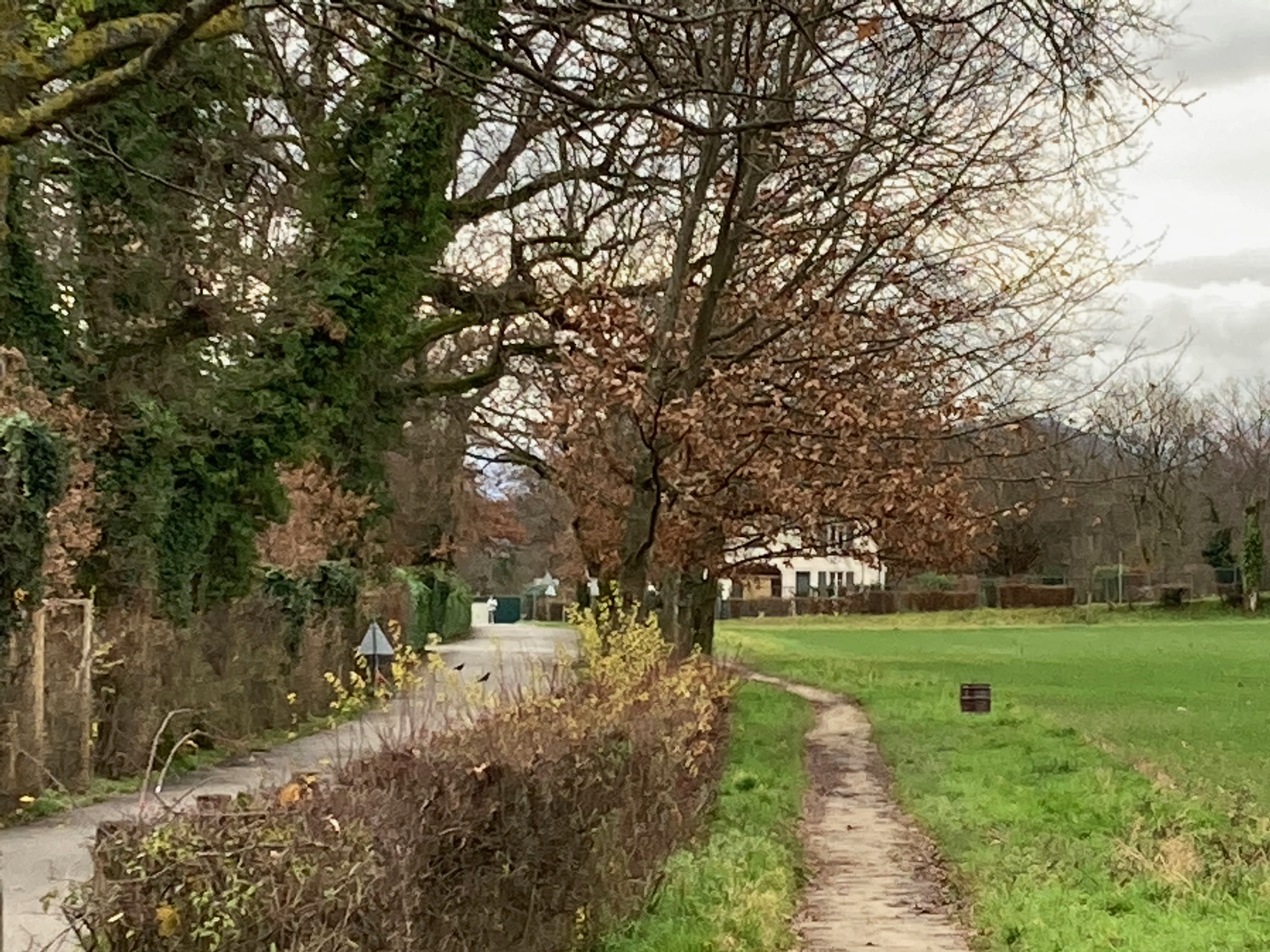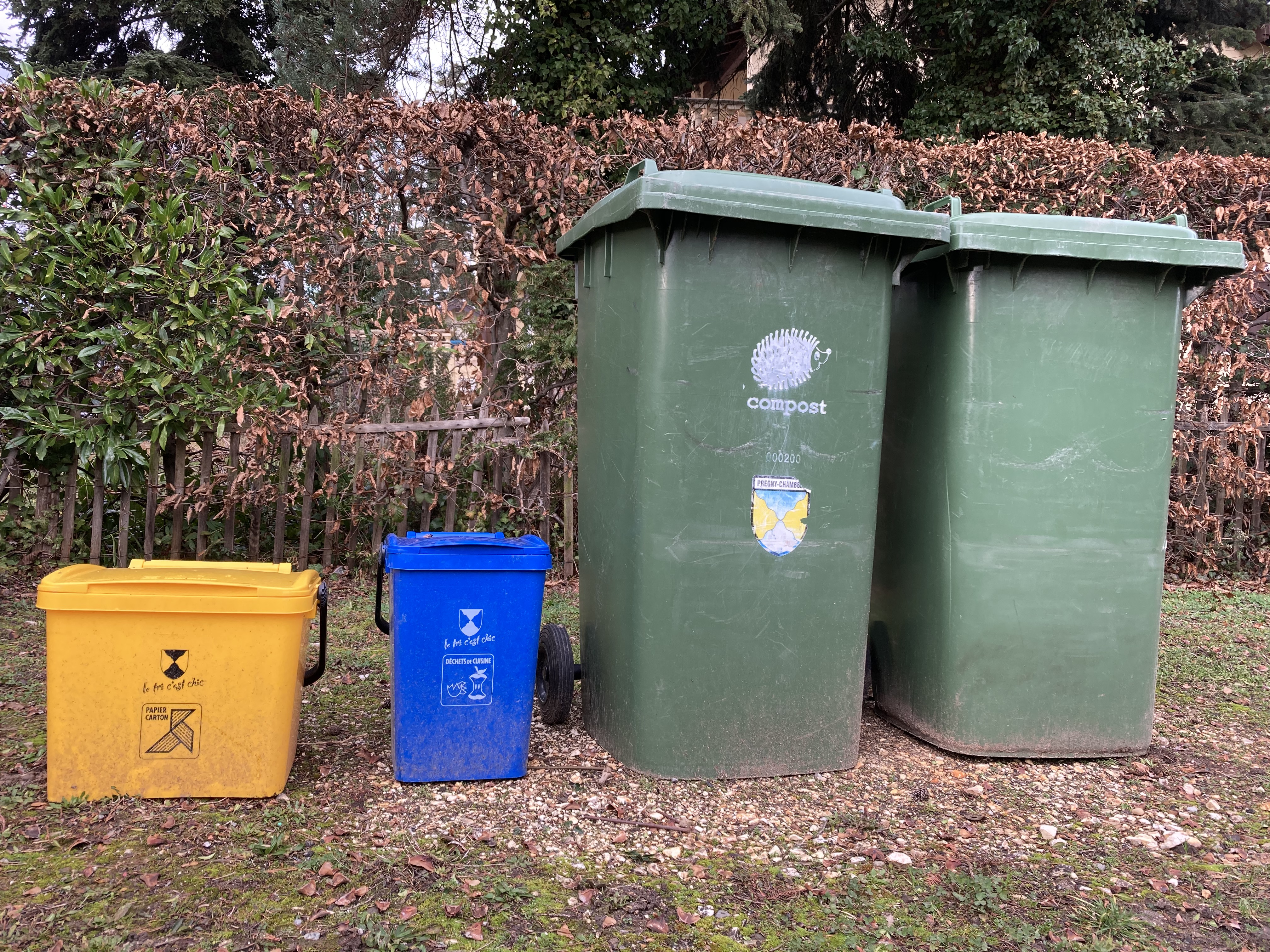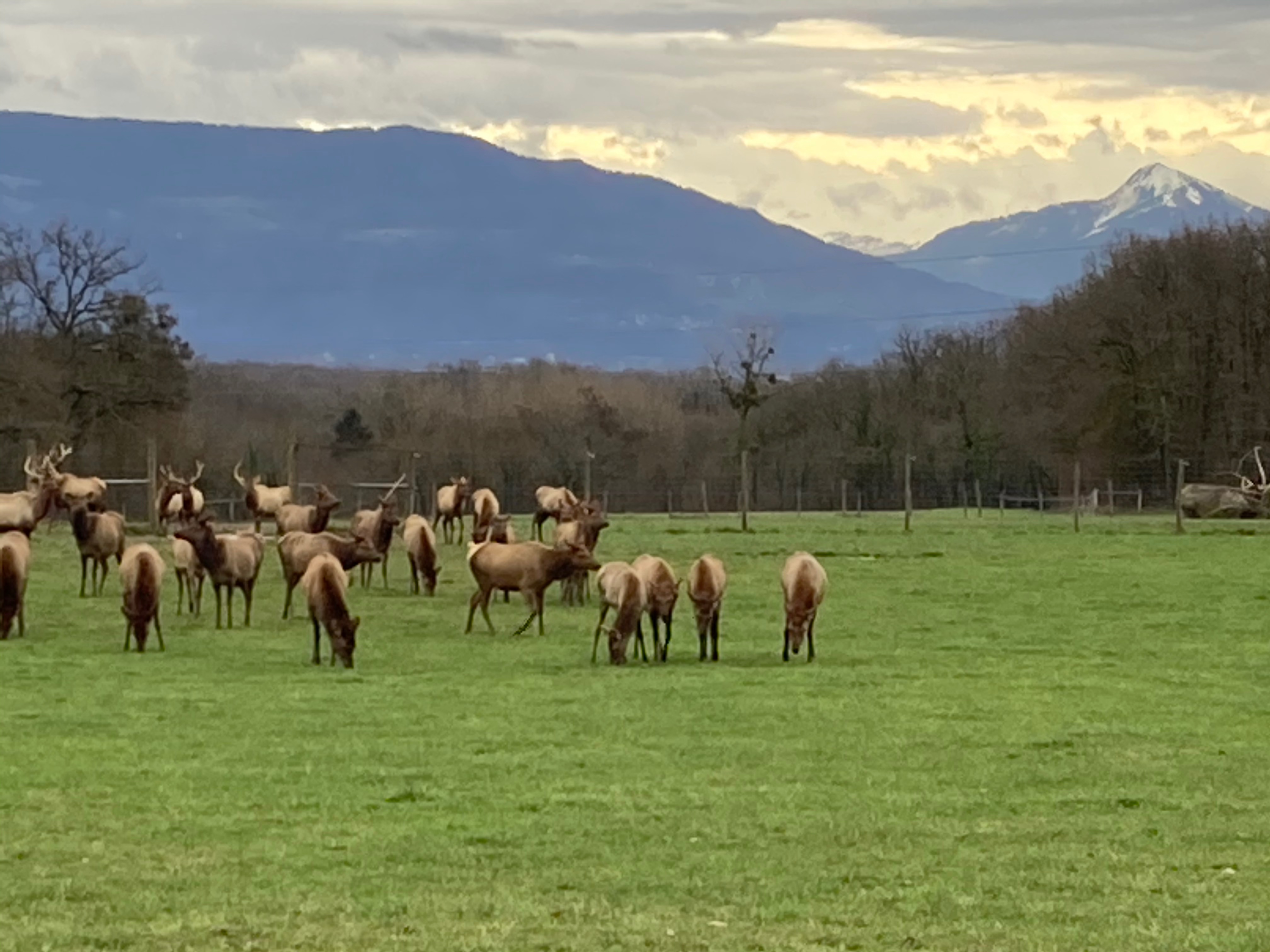Adjusting the Culture Shock Curve to a Pandemic-Era Move
January 2021
Tales of Transition
By Kathi Silva
It’s December, which in my world usually means I’m settled and making plans for the holidays, or I’ve recently moved to a new country and I’m worn-down and melancholic. This is the eighth international transfer my family has made, but moving in the middle of the Covid-19 pandemic is a game-changer.
In a ‘normal’ move
I’m an analytical thinker, even in my personal life, so I tend to rely on the culture shock curve to make sense of my emotional state after a move. According to this model, most expats begin life in their new country climbing up to an emotionally high honeymoon phase, where everything is exciting and new, and there are people to support and help. Then there’s the crisis phase where we freefall downwards into loneliness or nostalgia, missing old creature comforts and friends, watching what used to be interesting become a source of frustration or annoyance. Thankfully, most expats rebound and head into the adaptation phase, where balance and a sense of acceptance bring us back to a middle ground. And then the cycle starts over again.
The first few months of a move for me are usually spent going full-speed ahead with the energy of a kid in a candy store. I have lots of enthusiasm for exploring, getting my family settled into good routines, meeting new people, and decorating our house so it feels like home. When we first got our assignment to Geneva (pre-pandemic), we planned to explore all the beauty of Switzerland and make lots of new friends here. But months later, that is hardly the case. Besides lockdowns and other complications, we had our own personal tragedy when six weeks after our move, my father-in-law passed away from Covid-19 and my husband couldn’t travel in time to be with him. The grieving and the reality of how serious the virus is was with us constantly. We mourn the lost time spent re-doing plans or cancelled important milestone celebrations and the missed opportunities to be with friends and family, especially those we can’t get to even in emergencies. I know these factors add to the stress of being in a new country where everything, including social support, is unfamiliar.

In this ‘pandemic’ move
I’ve certainly had more down time in this move than any other, beginning with the mandatory fourteen day quarantine where we couldn’t leave our temporary apartment. Normally, the first impressions are the most memorable when we arrive in a new country. This time, our most exciting first impressions were looking out our third floor windows and guessing where people went after they turned the corner. After a week of isolation, we managed to make contact with another human being when a woman came out of the balcony across from ours and we waved hello. Our second contact was through the intercom, when we gave the grocery delivery person permission to leave our order by the elevator. Two weeks of quarantining isn’t much time, really, but it sure felt longer because of our impatience to explore our new city.
We learned while we were on quarantine that the months of hard work planning and preparing for our twins’ gap year had to be cancelled. They would spend the year in Geneva with us instead, where they would have little to no chance of working, traveling, or meeting people their age. As soon as quarantine ended, they tried to make friends at the skate park, until the city shut down when Geneva became Europe’s hot spot for Covid-19 cases. Their French classes were moved online and they were back to being isolated again. They have no energy to make plans for fear they’ll just be scrapped. They’re lonely and frustrated and I’m so sad for them - to be nineteen and living in a foreign country with no company but your parents and younger sister must be agonizing.
My twins aren’t the only lonely ones here. Because of the pandemic, all parent activities associated with school have been on hold, there are no workplace get-togethers or social activities outside of work, going out to eat or to markets or malls is discouraged, and tourist sites are mostly closed. When I am able to get out, I find meeting people and making friends is not nearly as much fun while wearing a mask. I’m less likely to be chatty or outgoing with my mask on, especially if I’ve got one that slips when I talk. Exchanges tend to be quick, dry, and unmemorable.
Instead of spending my honeymoon phase meeting people, getting involved in my daughter’s school, or doing interesting things around town, I’m mostly at home, trying to decipher the website on how to separate my trash for recycling, gazing through Amazon Marketplace for used furniture that I’ll probably never be able to pick up, or helping my twins with their Plans B, C and D. I miss the social contact and find it hard to start making roots here. My friends from previous posts are on different time zones and we talk less and less the longer I’m away.
This seems like an unproductive use of time at the start of a move. I don’t feel like I’ve made friends, I don’t feel like I’ve explored my new city, I don’t feel connected in any way to the school or work community my husband and daughter have, so what can I say for myself? I started to wonder how this affects my settling and adjusting in the longer term.

Can I still use the culture shock model?
The culture shock curve has changed shape for sure. I don’t think I peaked in the honeymoon phase since I’m not doing much outside of home. However, I have gone on several solo bike rides that leave me amazed at the natural beauty here. I explore Geneva’s culture through food, buying at least one product I’ve never tried before every time I go grocery shopping – Vaudois sausages, interesting Swiss cheeses, unusual patés, rösti potatoes. I have found other small things to fall in love with, such as the smart use of space that makes it possible to be five minutes from the city center but also five minutes from countryside with horses and vineyards; that buses and meetings run reliably ON TIME; and that listening to and communicating in French makes me feel that certain ‘je ne sais quoi’.
I think I might be stuck somewhere that wouldn’t fit neatly in the culture shock curve – maybe something between honeymoon and crisis, where I’m not annoyed yet, but I am dealing with little hurdles that tell me I’m in a foreign land. There’s enough newness when I do get out of the house or have online meetings with new people, that I can’t operate on autopilot. Besides the language barrier, there’s all the hidden rules to figure out. At what point of the day do I go from saying ‘bonjour’ to ‘bonsoir’? Can I go to the grocery store in my yoga pants or do I need to change into proper clothes? Should I pet someone else’s dog when it gets near me or is that frowned upon? It’s a balance between feeling I’m in a familiar enough place now, but still having lots to make sense of.
I’m not annoyed by my surroundings or homesick but my head isn’t in a constant spin because, let’s face it, how can I feel out of sorts if most of my time I’m in my own living room? Some things feel almost natural and everything is starting to have place and purpose in my home. I know now that Mondays is garden compost, Tuesdays is regular trash, Wednesdays is food compost, and Thursdays is paper recycling, all without having to consult the online calendar every day. I know where to catch the bus to get to the doctor’s office and then pass by the grocery store on the way home. I accomplish more than one thing in a day and don’t exhaust my brain in the process.
The rest of my family seems to be in the same adjustment phase. My teen daughter isn’t the ‘newest’ kid at school anymore but she still has room to decide who she wants to hang out with and how she wants to organize her time. My husband continues meeting different colleagues at work since everyone is on alternating schedules, but he’s familiar enough with his core team and the layout of the office that he is working at full stride. My twins have a routine list of chores, online classes, and projects they’re doing to give each day a little bit of structure and meaning. Even the cat has adjusted; he wanders outside for a bit, but knows how to get back home through the bush fencing around our yard.

Now for the good news
Having an initial quarantine and a pause button on my normal settling-in process might very well be a blessing in disguise. I find myself less stressed compared to other moves. I don’t feel the same pressure to be out and about or socializing when I’m too nervous or just not in the mood. Am I using the pandemic as an excuse to not leave the comforts of home for a scary new environment? Maybe, but I’m taking this move slower, surer, and with more appreciation for all the things my brain has to process. When I have the time to learn how hot the water can get in the kitchen sink so I don’t scald myself, I can avoid having this happen on a more stressful day when my tolerance is lower. In a calmer state of mind, I observe little details like not driving in bus lanes even if they are empty which means I’m less likely to get a traffic ticket later.
This slow, supported progress into something new is known as ‘scaffolding’ in the education world. It’s a way for teachers to provide assistance for new learning, while gradually reducing the amount of support until the learner can do it by themselves. I’ve been able to navigate so many things in Geneva within a comfortable, supported environment thanks to the pandemic restrictions, and I see this as a safe scaffolding into my new expat experience. Perhaps with this more gentle approach to adjusting to Geneva, I’ll never get to the highs or the lows of the curve. It may just be more of a horizontal squiggly line – for now. I wonder if in the end, this will prove to be a much better way to handle the emotional stress of an international move. This time around, I find myself calmly thinking about our approaching first holiday season in Geneva. It won’t be full of new friends or big adventures, but a time spent enjoying the small pleasures of our newly adopted country and thoughts about great things to come.
©2020 by Kathi Silva. All rights reserved.
Kathi Silva has been an expat for nearly 20 years, supporting her husband and three children on four continents. She spearheaded and produced the Tales from a Small Planet book Extraordinary Experiences: Tales of Special Needs Abroad. Besides writing, Kathi recently completed a MEd and enjoys teaching English as a Second Language and providing encouragement to students of all ages and abilities.



